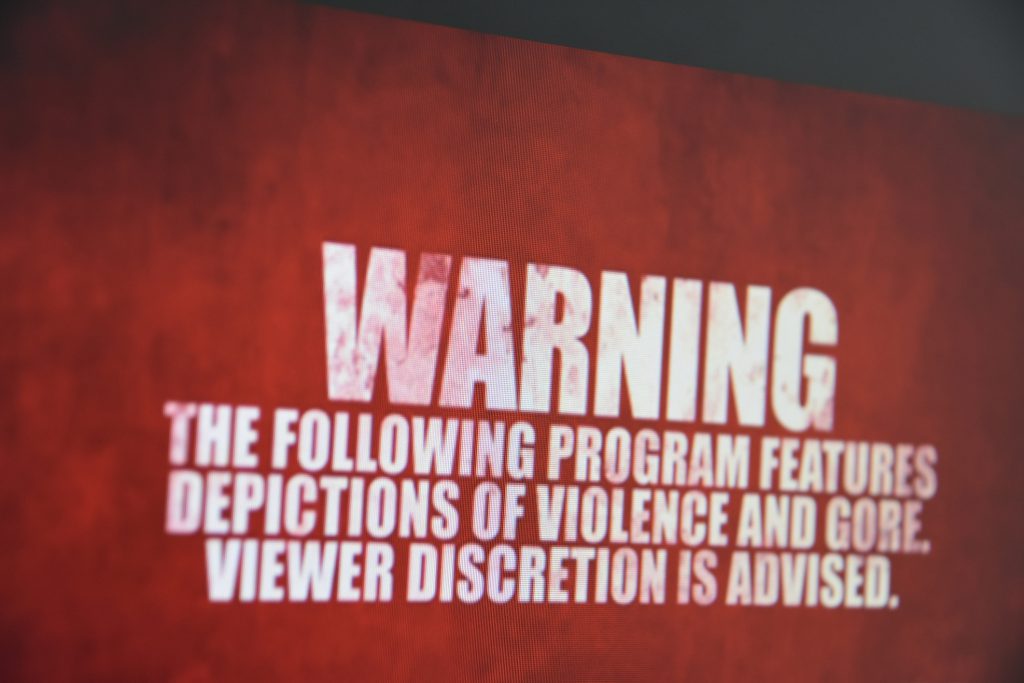Does Onscreen Violence Beget Real-World Violence?

Research on violent television and films, video games, and music reveals unequivocal evidence that media violence increases the likelihood of aggressive and violent behavior in both immediate and long-term contexts, a comprehensive research report shows.
The research base is large; diverse in methods, samples, and media genres; and consistent in overall findings, a team of scientists led by APS Fellow Craig A. Anderson on Iowa State University reports in Psychological Science in the Public Interest. The evidence is clearest within the most extensively researched domain — television and film violence. The growing body of video-game research yields essentially the same conclusions.
Short-term exposure increases the likelihood of physically and verbally aggressive behavior, aggressive thoughts, and aggressive emotions, the report concludes. Recent large-scale longitudinal studies provide converging evidence linking frequent exposure to violent media in childhood with aggression later in life, including physical assaults and spouse abuse. Because extremely violent criminal behaviors (e.g., forcible rape, aggravated assault, homicide) are rare, new longitudinal studies with larger samples are needed to estimate accurately how much habitual childhood exposure to media violence increases the risk for extreme violence, the authors write.
The full report is free and available online.




